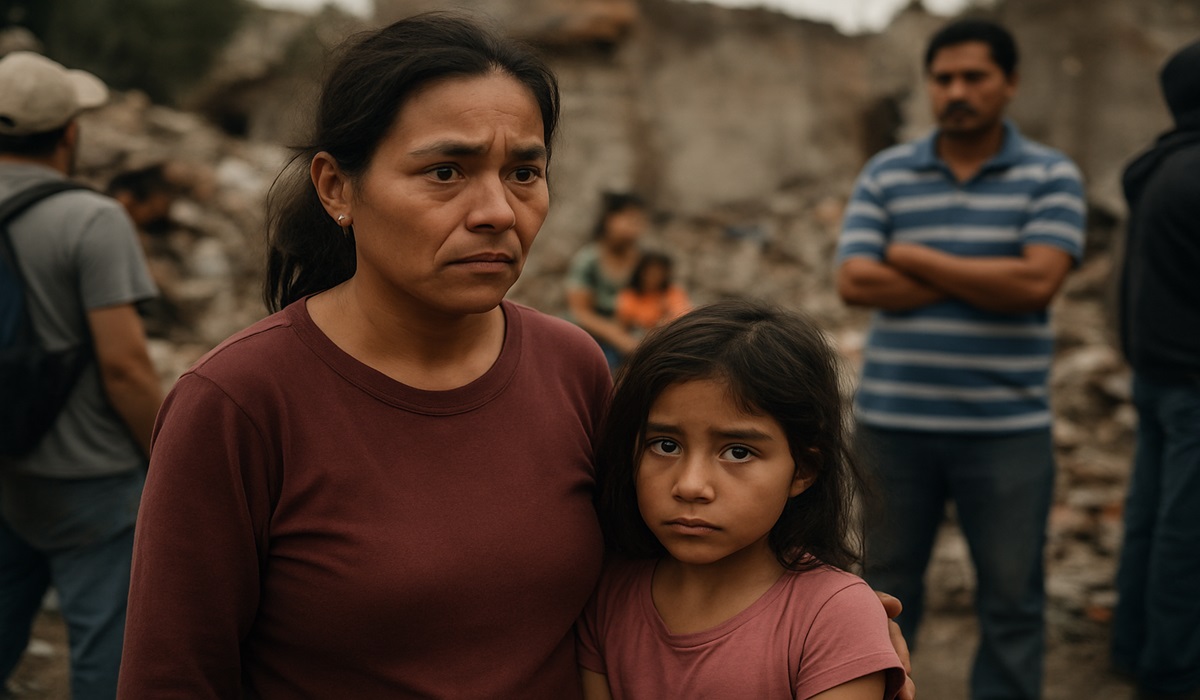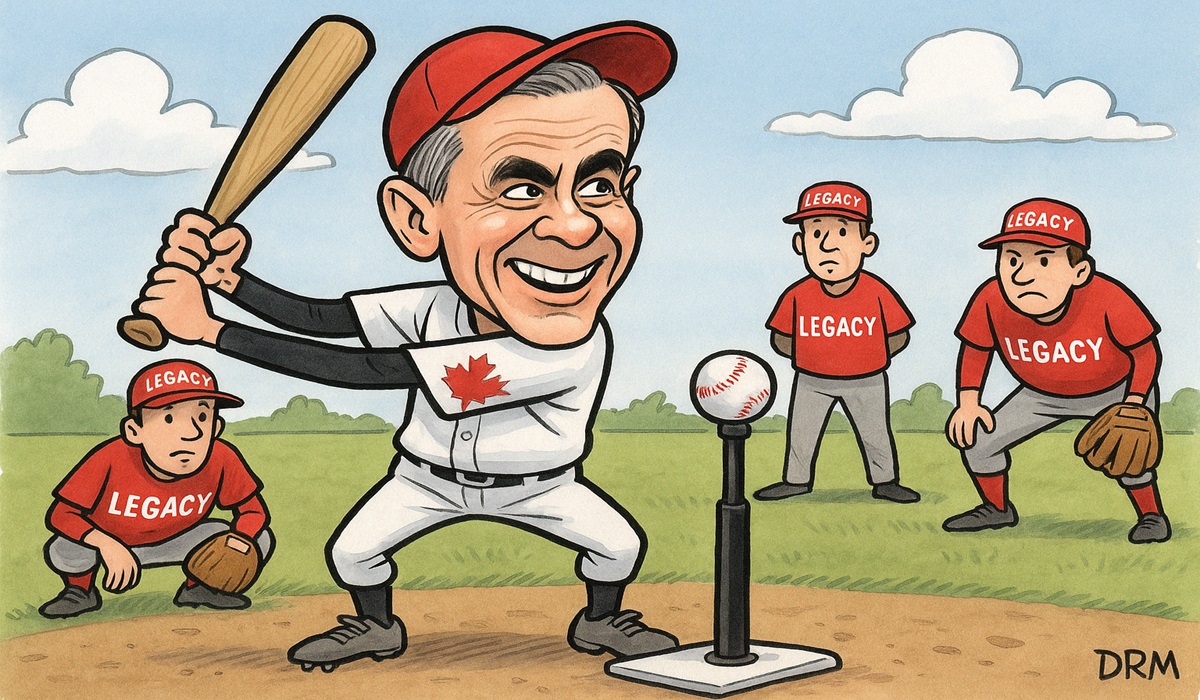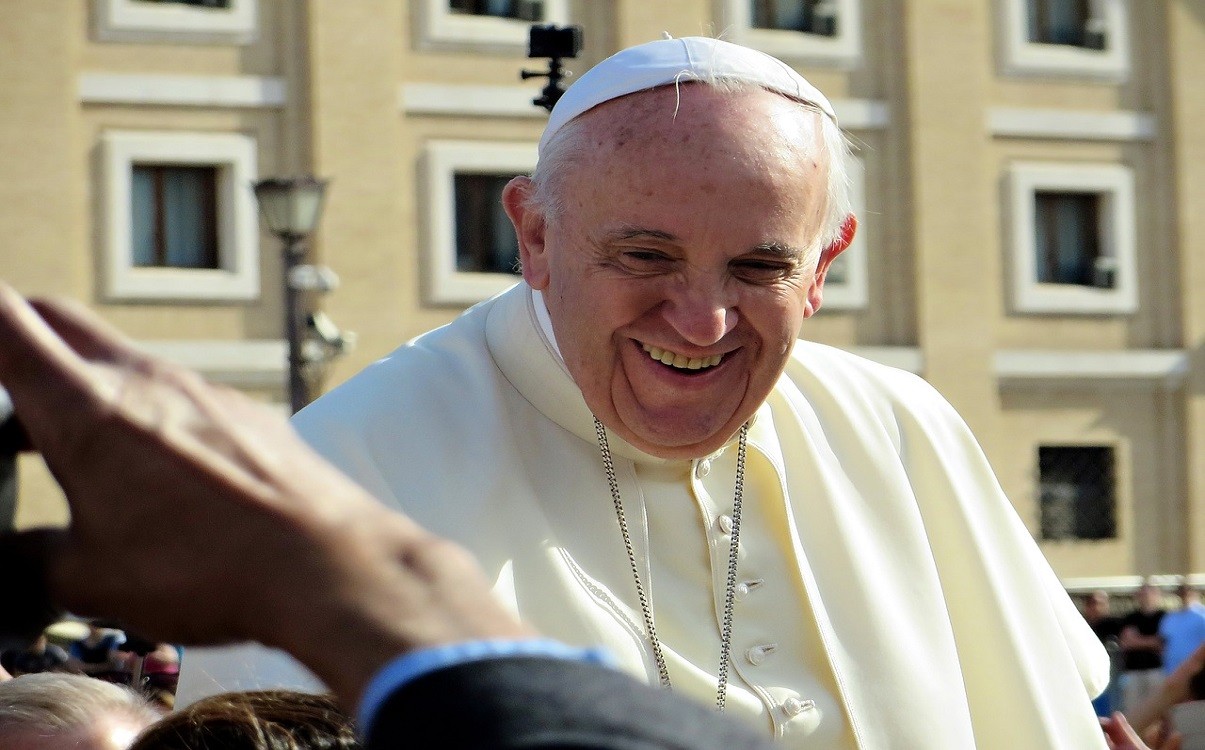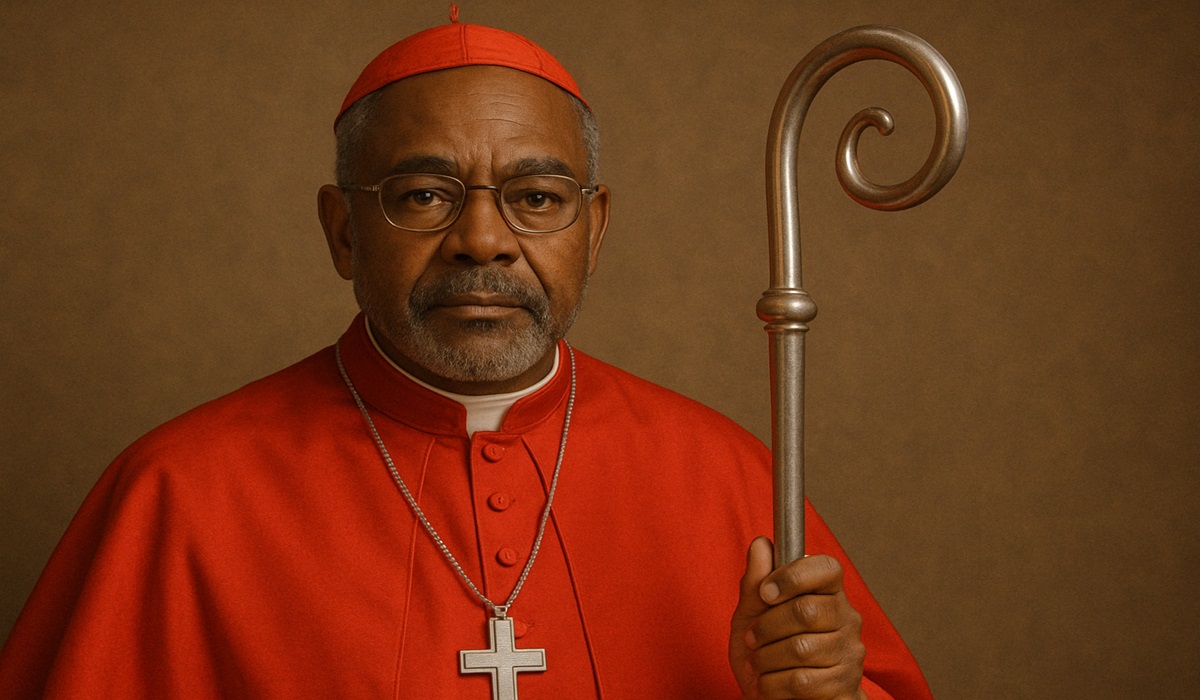BRICS Summit 2023: Paving the Way for an Inclusive Global Landscape
- Kingston Bailey
- Africa
- Asia
- China
- D.O.C Supplements - Trending News
- East Asia
- South Asia
- August 22, 2023
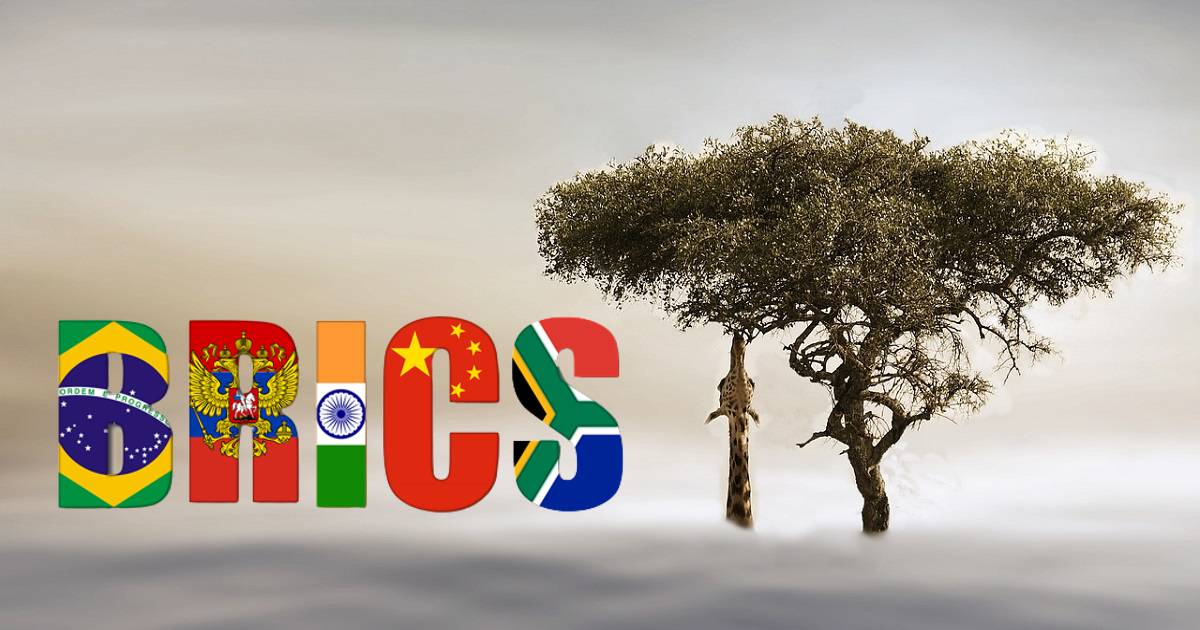
The world’s attention is fixed on South Africa as the leaders of the major emerging economies convene to assert their collective influence on global affairs. The BRICS summit, a gathering of Brazil, Russia, India, China, and South Africa, marks a pivotal moment in shaping the trajectory of international relations. Representing a substantial quarter of the global economy, the BRICS bloc is poised to address pressing issues and cultivate an inclusive approach to global governance.
BRICS, an acronym encompassing Brazil, Russia, India, China, and South Africa, constitutes a coalition of burgeoning economies that hold significant potential to reshape the international order. Originally conceived as BRIC in 2001, the alliance gained further momentum with South Africa’s inclusion in 2010. The core objective of BRICS is to foster collaboration among these nations to amplify their collective impact in spheres like trade, economic development, and global governance.
Against the backdrop of growing diplomatic ties between Africa and the BRICS nations, this year’s summit focuses on “BRICS and Africa.” It signifies Africa’s commitment to nurturing robust relationships with these influential economies. Hosting the event, South Africa takes the lead by proposing an expansion of BRICS membership. The notable surge in interest from over 40 countries underscores the magnetism of the BRICS consortium and its potential for shaping global policies.
South African President Cyril Ramaphosa reiterates his nation’s commitment to non-alignment, affirming the importance of a balanced and independent foreign policy. Within the summit’s discourse, there lies a pivotal examination of new paradigms for global governance. Trade Minister Ibrahim Patel highlights the need for innovative strategies that adapt to the ever-evolving world order, steering away from conventional practices.
Central to the summit’s agenda is the acknowledgment of the private sector’s pivotal role in driving sustainable economic growth. Patel underscores the potential of this sector as an agent of change, catalyzing development across the African continent. By fostering entrepreneurship and innovation, BRICS member states aspire to forge a resilient economic landscape that transcends borders.
In the spirit of fostering a more equitable global ecosystem, delegates unite to advocate for a reimagined global trading architecture grounded in fairness. Brazilian Finance Minister Fernando Haddad’s plea resonates with the collective aspiration for a world that harmonizes the needs of all nations. He envisions Africa and South America as pivotal platforms for transformative global initiatives, thereby reshaping the dynamics of international trade.
As the sun sets on the BRICS summit, the anticipation of consequential decisions hangs in the air. The alliance’s endeavor to strengthen ties with Africa, redefine global governance, and prioritize private sector-led growth projects a vision of an inclusive world order. Comprising a formidable portion of the global economy, BRICS stands at the crossroads of history, ready to pave the way for innovative strategies, collaboration, and a future that reflects the aspirations of nations worldwide. The forthcoming decisions made at this summit have the potential to shape the contours of global discourse for years to come.

